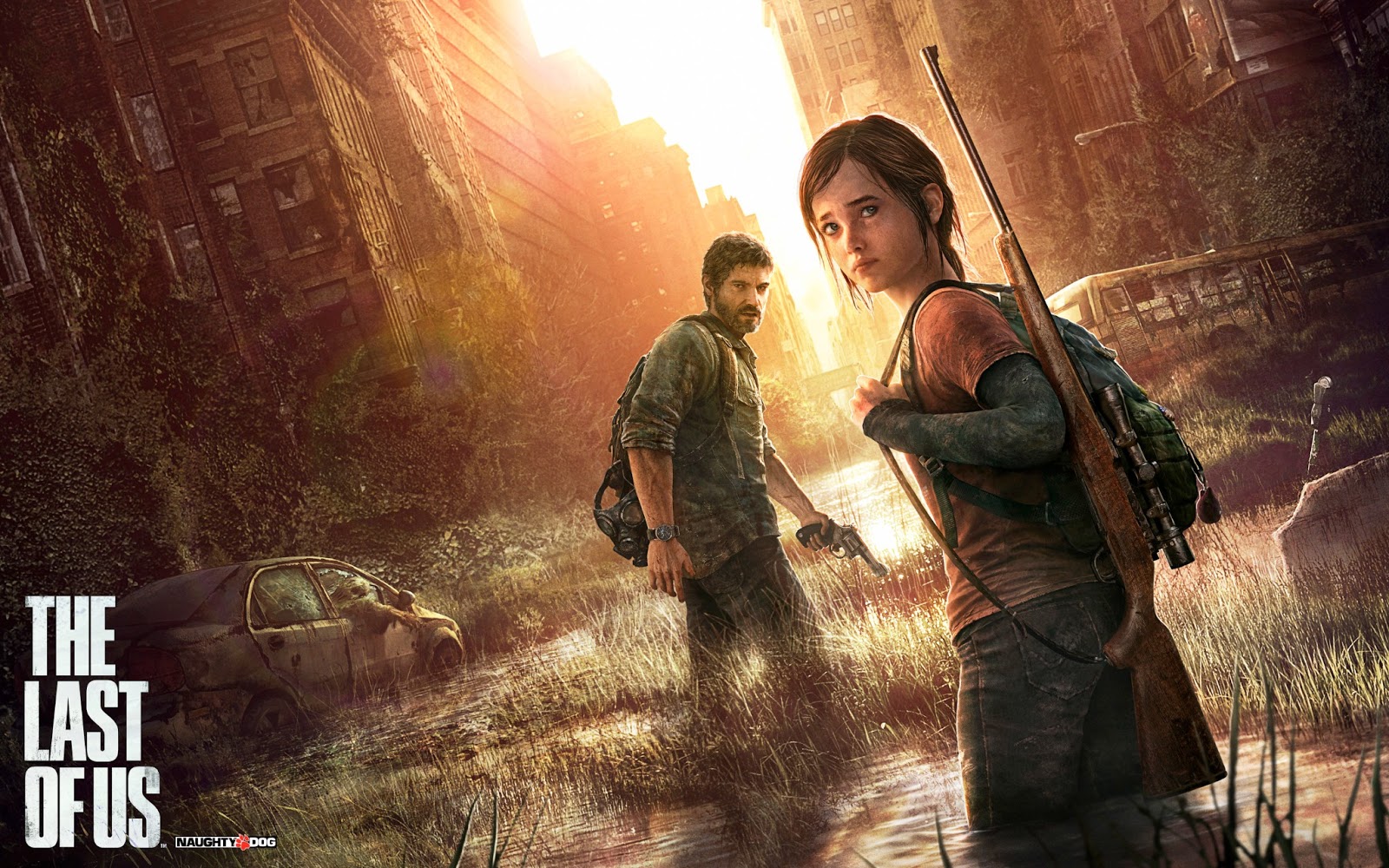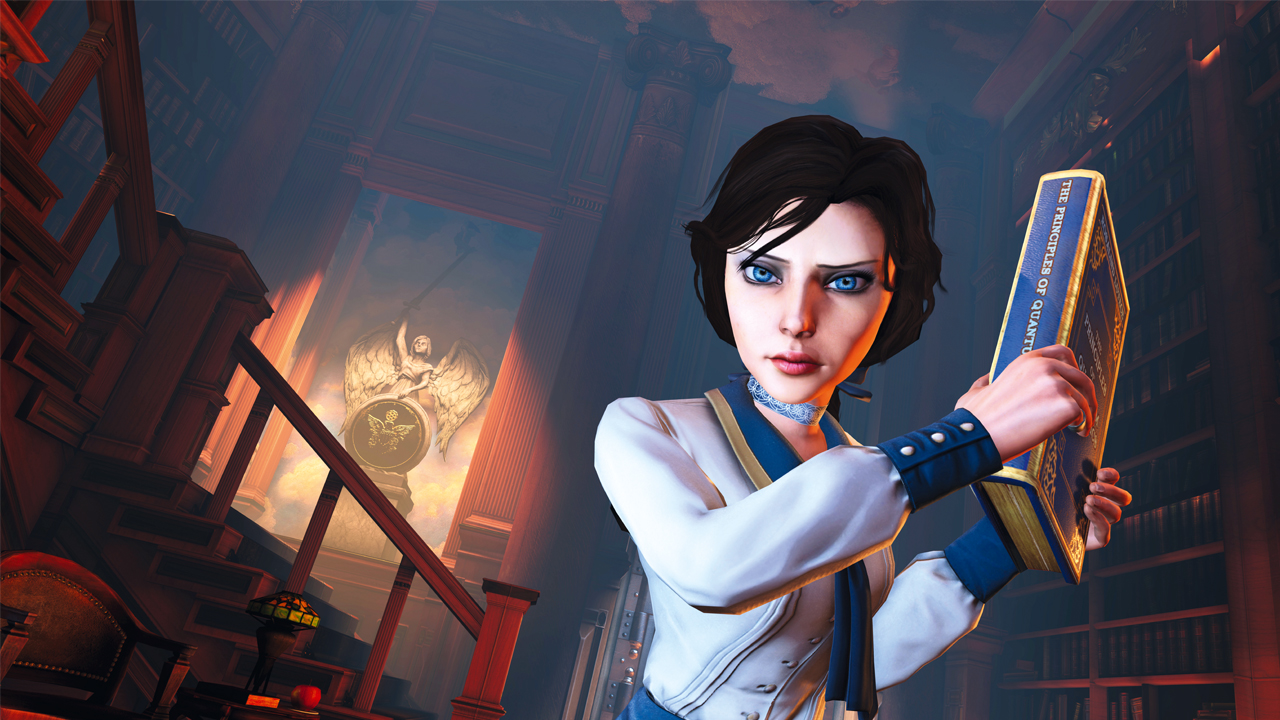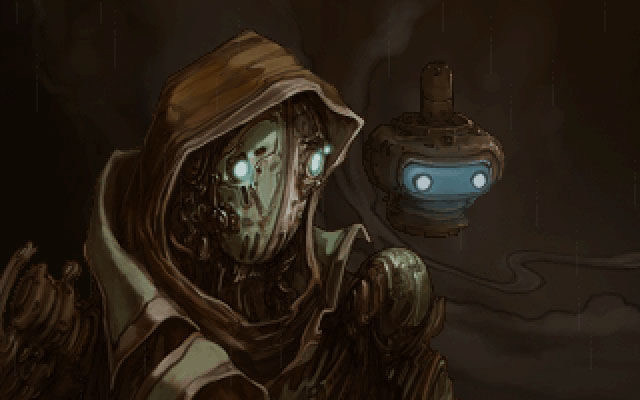I have now finished playing The Last of Us and feel it has quite a few things worth discussing. Overall it is a great game and there is a lot that can be learnt from it.
Nailing Down Terminology
One thing lacking in game design, especially when it comes to interactive storytelling, is a proper set of terms. While I do not think having a precise terminology will directly aid in making games better, it will help us communicate better. As proper communication is crucial for progress, proper terms are indirectly an important part of making better storytelling games. Because of this, I am going to go over some terminology that I find essential, what I mean by them and why I define them in a certain manner.
Thoughts on Bioshock Infinite
So I just finished Bioshock Infinite and I feel I need to write something about it. There is a lot that is really good about the game, but the way it all comes together seems like a wasted opportunity. This does not mean it is a bad game, far from it.
GDC 2013 Talk
I just finished cleaning up the script for the GDC2013 talk.
Puzzles and Causal Histories
In the last post I brought up a few reasons why puzzles should not be dismissed. In this I will bring up another one: making the player feel as an active force. I refer to this concept as having a causal history. My hope is that it provides a new way to view and evaluate puzzles.
Puzzles, what are they good for?
I recently came a across this article from AdventureGamers about puzzles, and it got me thinking. The article covers the different ways in which puzzles have been swapped for other activities over the years, something that I am very interested in. There is so much great about adventure games that just seem to be held back by their puzzles. It always seem that they break the flow of the experience. I find that many adventure games are more engaging to play when you have a walkthrough close at hand. Of course, consulting a guide has it own share of problems, and is far from an optimal way to play. Some other solution must exist.
Goals and Storytelling
Let’s talk about goals in storytelling games. Not really the far-reaching “save the princess” or “kill the evil dude” kind of goals, but the local and moment-to-moment goals that face a player throughout the experience. I have sort of touched upon this in the scene-approach to high level story telling story design post, but want to discuss it a bit further. I think this is another major reason why there still a need for either violence or puzzles to drive the story forward. The reason being that the player does not know what they should be doing otherwise.
High-Level Storytelling Design
I recently started to play the demo for the upcoming adventure game Primordia. I really like the art-style, the setting, themes and the characters (perhaps with the exception of a somewhat annoying companion). Despite this I am finding myself not being that engaged when playing it. The main reason for this is that the game is in a very traditional point-and-click form, which means that it is mainly all about solving puzzles. Despite some good design and an in-game hint system, its gameplay back-bone is holding it back.
Narrative not a game mechanic?
I just stumbled upon Raph Koster’s “Narrative is not a game mechanic” and found that it contains some stuff that I do not really agree with. Now, thinking somebody on the internet is wrong happens all the time, but I think this article brings up some stuff that warrants a reply. While it has up a few good points, it also contains views on a few concept that I think can be quite damaging when trying to expand upon the medium of videogames.
The Problem of Repetition
After having played some adventure and RPG games lately something struck me: repetition in games have almost the same problems as trial-and-error do. This is not really a shocking conclusion, since repeating things in a game is basically what you do when stuck in a sequence of trial and error. But since the repetition is not a direct consequence of being unable to progress, and that not all repetition is bad per se, I figured it was worth looking into a bit.



